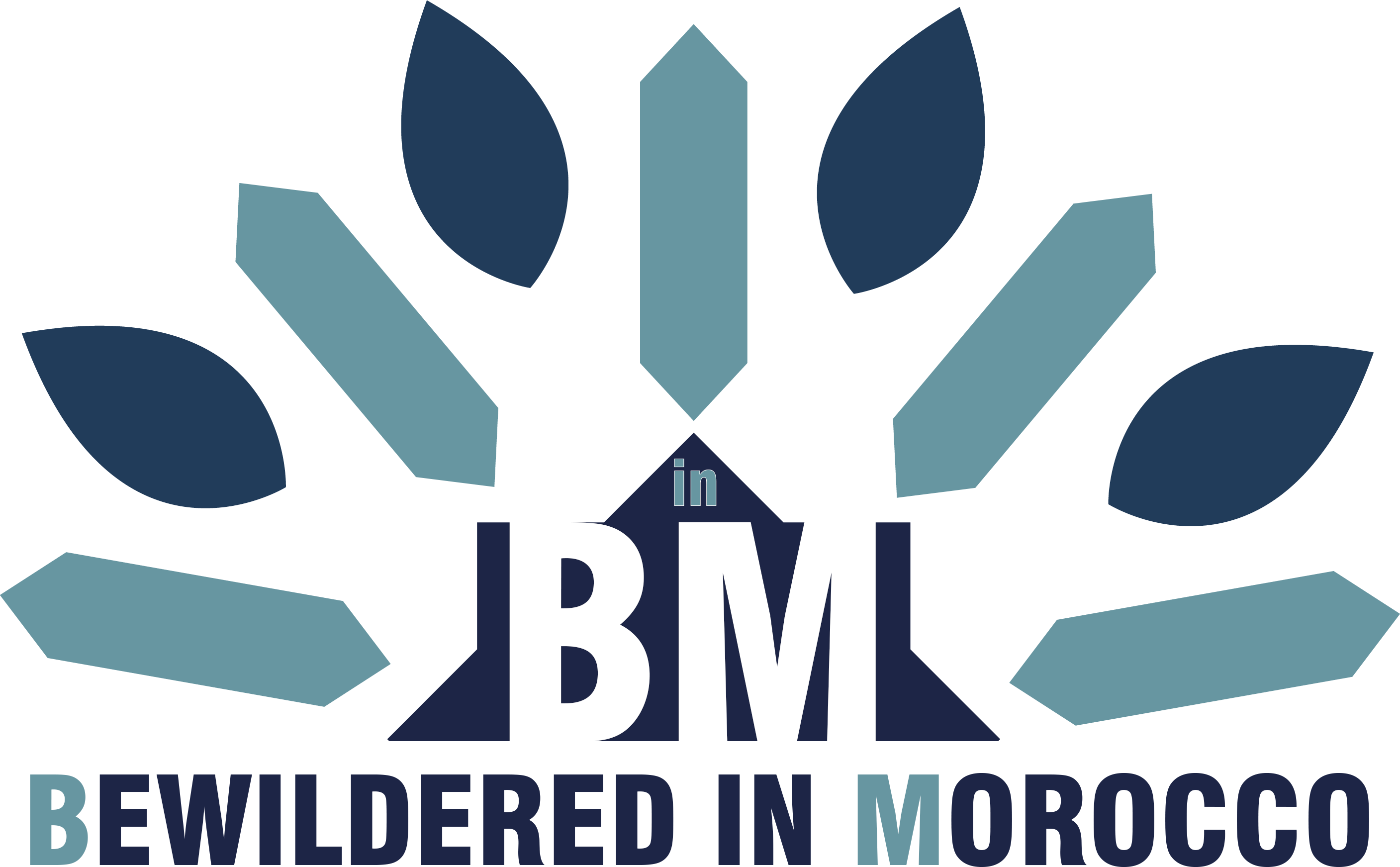Picture this: a country that once said "absolutely not" to digital currencies is now preparing to embrace them with open arms. That country? Our beloved Morocco! And honestly, this transformation is nothing short of fascinating.
The Great Digital U-Turn
For years, Morocco maintained a strict stance against cryptocurrencies. Since 2017, digital currencies like Bitcoin were essentially persona non grata in the kingdom. But here's the thing about Morocco that never ceases to amaze me – this country has an incredible ability to evolve and adapt while staying true to its roots.
Fast forward to today, and we're witnessing something remarkable. Under the leadership of Central Bank Governor Abdelatif Jouahri, Morocco isn't just dipping its toes into digital waters – it's diving headfirst into the future of finance.
What's Really Happening?
The Central Bank of Morocco (Bank Al-Maghrib) is currently studying the implementation of its own Central Bank Digital Currency (CBDC). But this isn't just about keeping up with global trends – it's about solving real problems that Moroccans face every day.
Think about it: how many times have you heard stories about the challenges of cross-border money transfers? The hefty fees, the endless waiting times, the bureaucratic maze? Morocco's digital currency initiative aims to tackle these issues head-on.
The Vision Taking Shape
The central bank is exploring two primary applications for their digital dirham:
- Person-to-person payments: Imagine sending money to your friend in Casablanca from Marrakech as easily as sending a WhatsApp message
- Cross-border transfers: Those expensive and time-consuming international transfers could become a thing of the past
Why This Matters More Than You Think
Here's where it gets really interesting. Unlike decentralized cryptocurrencies like Bitcoin, Morocco's digital currency will be fully government-controlled and regulated. This approach reflects Morocco's careful balance between innovation and stability – a very Moroccan way of doing things, if you ask me.
The goals are ambitious yet practical:
- Faster transactions: No more waiting days for transfers to clear
- Lower costs: Reduced fees for cross-border transactions
- Financial inclusion: Bringing more Moroccans into the formal financial system
A Collaborative Approach
What I find particularly impressive is Morocco's collaborative approach to this venture. The central bank is working closely with international partners, including the International Monetary Fund, the World Bank, and even the Central Bank of Egypt. This isn't about going it alone – it's about learning from global best practices while creating something uniquely Moroccan.
The Legal Framework
Governor Jouahri has also confirmed that a draft law regulating digital assets is currently under review by the Ministry of Finance. This comprehensive approach shows that Morocco isn't rushing into this blindly – they're building a solid foundation for the digital financial future.
From Threat to Tool
Perhaps the most fascinating aspect of this entire story is the complete transformation in perspective. What was once viewed as a threat to financial stability is now being embraced as a tool for growth and modernization. It's a perfect example of how Morocco continues to surprise and innovate.
The Underground Reality
Let's be honest about something – despite the official ban since 2017, cryptocurrencies never really disappeared from Morocco. Many tech-savvy Moroccans found ways to access and use digital currencies unofficially. Now, instead of driving this activity underground, the government is creating a regulated, safe environment for digital financial innovation.
What This Means for Morocco's Future
This digital currency initiative positions Morocco as a forward-thinking player in the global financial landscape. It's not just about technology – it's about Morocco's vision for economic growth, financial inclusion, and international competitiveness.
For a country that has always been a bridge between Africa and Europe, between tradition and modernity, this move into digital currencies feels perfectly aligned with Morocco's historical role as an innovator and connector.
Looking Ahead
As we watch this story unfold, it's clear that Morocco is writing a new chapter in its economic history. The kingdom that once banned digital currencies is now poised to become a regional leader in digital finance innovation.
What excites me most about this development is how it reflects Morocco's broader approach to progress – thoughtful, collaborative, and always with an eye toward benefiting its people. The digital dirham isn't just about keeping up with global trends; it's about creating solutions that make life better for Moroccans.
As we stand on the brink of this digital revolution, one thing is certain: Morocco's journey from digital currency prohibition to innovation is a story worth following. And knowing Morocco, I have a feeling this is just the beginning of an even more exciting chapter.
